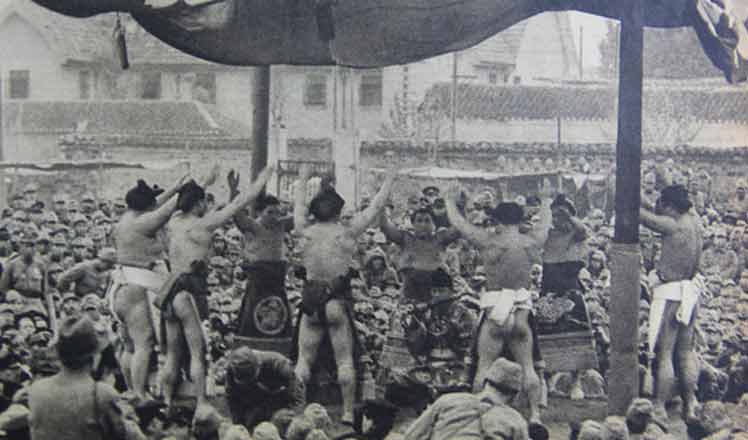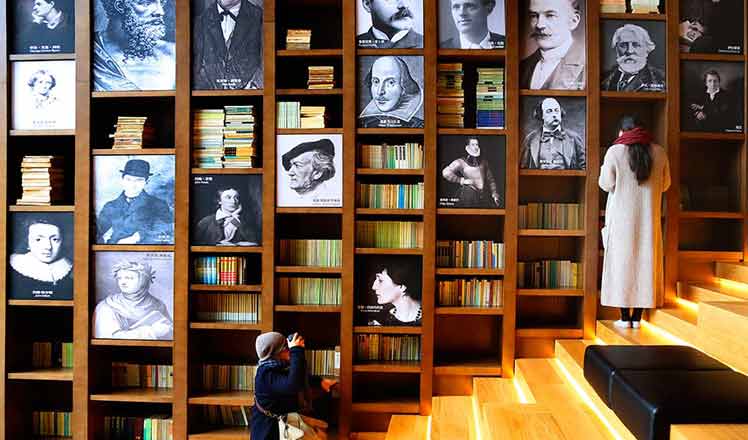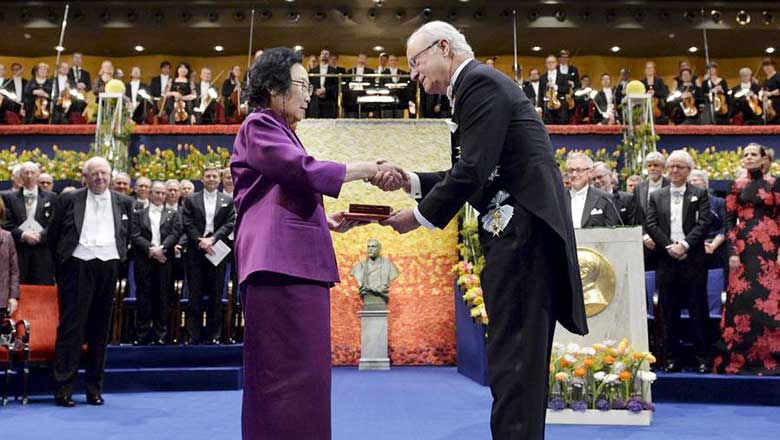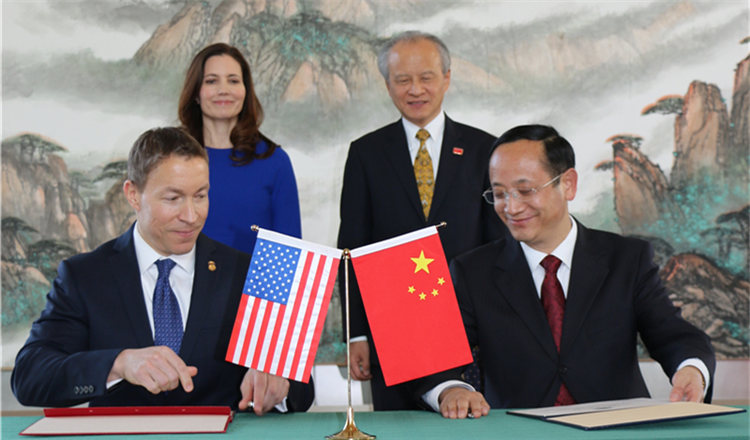Central African Republic votes in crucial referendum
Updated: 2015-12-13 18:41
(Agencies)
|
||||||||
BANGUI - Voters in Central African Republic cast their ballots on Sunday in a constitutional referendum seen as crucial to ending nearly three years of violence, while rebels denounced the process and called for a new transitional government.
The former French colony descended into chaos in early 2013 when mainly Muslim Seleka rebels seized control in the majority Christian nation.
Their abuses led to reprisals by Christian anti-balaka militias, sparking inter-religious violence that has killed thousands and displaced nearly a million in a de facto partition of the country.
The expected approval of the new constitution would pave the way for Dec. 27 polls to elect a new president and parliament, restoring democratic rule in the wake of two successive transitional governments.
Voting got off to a late start in many neighbourhoods in the sprawling, riverside capital Bangui, but queues formed in front of polling stations across the city.
However, gunfire that began overnight around the PK5 neighbourhood continued into Sunday morning. Residents of the isolated Muslim enclave marched to the headquarters of the country's U.N. peacekeeping mission to complain they were unable to cast their ballots.
In a statement distributed on Sunday, the former Seleka coalition said conditions, including the return of refugees, were not in place to allow for the elections to go ahead.
"CAR (Central African Republic) isn't ready to organise inclusive, democratic, credible, safe and transparent elections," it said. "A third transition with a new consensual team is needed, the elections ... and the referendum must be cancelled."
Earlier this month, Nourredine Adam, the leader of one of Seleka's main factions, threatened to block the polls in areas under his control.
Government spokesman Dominique Said Panguindji acknowledged there had been several incidents in Bangui and elsewhere in the country. However, he said that conditions were generally calm and turnout was healthy.
"The overall opinion is that there must not be a third transition. We must have elections. This is the will of the people," he said.
Central African Republic has seen a succession of coups since becoming an independent nation in 1960, and the resulting instability has eroded state authority.
The proposed constitution limits the power of the president and increases that of the parliament, creating a senate to compliment the already existing national assembly. It also establishes a Special Criminal Court to try serious crimes.

 Historical photos reveal how Japan celebrated Nanjing invasion
Historical photos reveal how Japan celebrated Nanjing invasion
 How firemen put out oil tanker blaze within two hours
How firemen put out oil tanker blaze within two hours
 Wuzhen gets smart with Second World Internet Conference
Wuzhen gets smart with Second World Internet Conference
 World's 4th largest lake Aral Sea shrinking
World's 4th largest lake Aral Sea shrinking
 Nobel Prize 'to spur TCM development'
Nobel Prize 'to spur TCM development'
 US returns 22 recovered Chinese artifacts
US returns 22 recovered Chinese artifacts
 Internet makes life in Wuzhen more convenient
Internet makes life in Wuzhen more convenient
 Miss World contestants at Sanya orchid show
Miss World contestants at Sanya orchid show
Most Viewed
Editor's Picks

|

|

|

|

|

|
Today's Top News
Shooting rampage at US social services agency leaves 14 dead
Chinese bargain hunters are changing the retail game
Chinese president arrives in Turkey for G20 summit
Islamic State claims responsibility for Paris attacks
Obama, Netanyahu at White House seek to mend US-Israel ties
China, not Canada, is top US trade partner
Tu first Chinese to win Nobel Prize in Medicine
Huntsman says Sino-US relationship needs common goals
US Weekly

|

|








